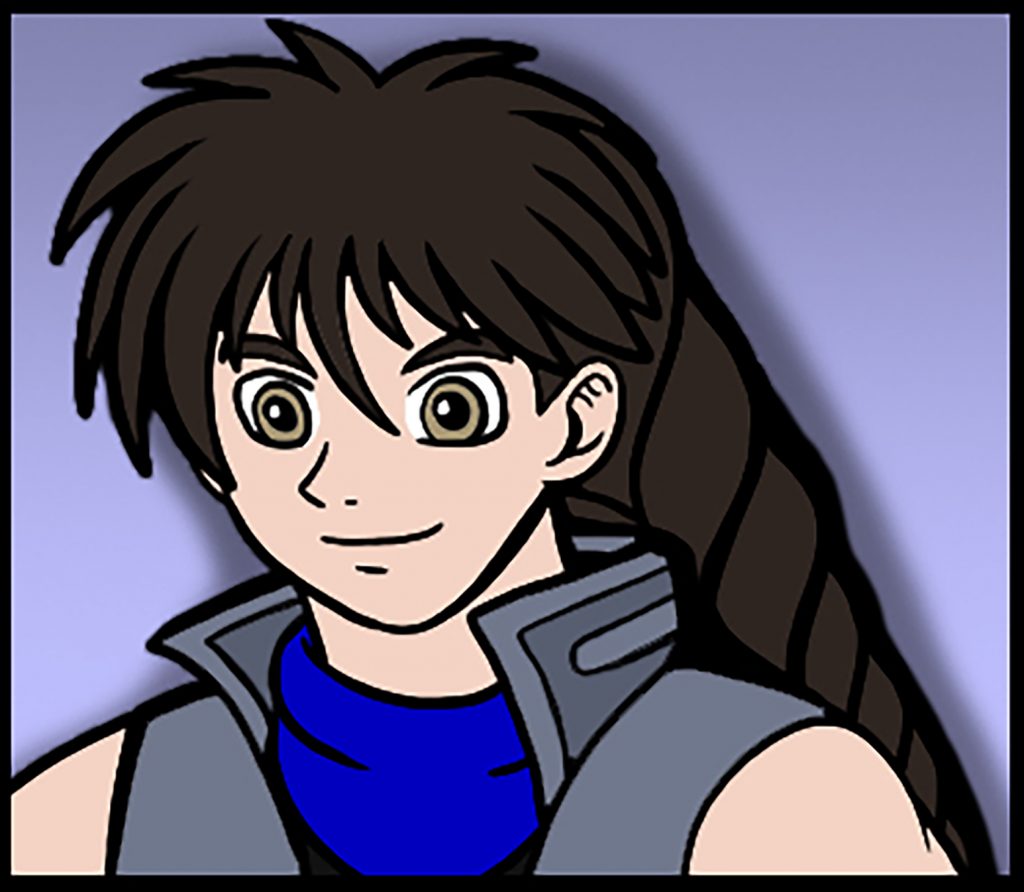When Karla was little, I found that I had to educate my pediatricians about autism. They said they’d read about it in medical school, but it was so rare that they never expected to see a case. Services in the public school were non-existent, and given my responsibilities with a full-time job and two older daughters, I opted to homeschool instead of fighting a school system that harbored extreme negativity toward our daughter and toward us.

Over the years, I have witnessed the changing approaches to autism with mixed feelings. First, the reduction in stigma is welcome. Parents of children with autism learn to have a thick skin very quickly. People would come up to me at the park and say the oddest things, mostly “why don’t you have better control of your child–a few spankings should do the trick.” It was very isolating. I had to explain to my colleagues that spur-of-the-moment meetings just didn’t work for me, because obtaining childcare was a nightmare. I wrestled with the challenges of doing right by my older two daughters while caring for the third. I lost sleep wondering what would happen to Karla when her dad and I weren’t around anymore. Nobody I knew was going through the same things. Today’s greater awareness ensures that other parents probably won’t feel the same isolation as we did and the contemporary level of services is amazing.
So why mixed? What is the downside of this? I confess to cringing every time I hear an apparently “normal” person describe themselves as “on the spectrum” or “neurodiverse.” I can’t help thinking this trivializes our daughter’s experience as well as those with “classic” Leo Kanner-type symptoms. I’m sorry, but if you were functional enough to survive school without help and to work without help and to live independently and even to marry and have children, you have no idea whatsoever what our lives have been like.
Symptoms of autism spectrum disorder are normally distributed across the population, and those of us with blood relatives with the disorder are likely to have more than our fair share. I’ve wondered what mine can be. According to Sir Simon Baron-Cohen, I’m a pretty extreme systemizer, something I sort of took for granted growing up around scientists and engineers. Eye contact has always been very difficult for me, and I discovered recently that one of my siblings finds eye contact even more difficult than I do. My little brother was such a rocker-head banger in his crib that he lost a lot of his hair in front and my parents sought medical help. A cousin didn’t speak until he was four. I am probably an outlier when it comes to selective attention–my driver’s ed teacher scolded me for not looking around more but rather focusing exclusively on what was in front of me. I still have to consciously force myself to “surface” once in a while from what I’m doing to be aware of my surroundings–I’m sort of in a perpetual state of flow. I was kind of an odd kid and I knew the teachers talked about me with my parents pretty regularly–I recall being very disinterested in my peers in preschool, preferring to collect acorns on the playground to interacting with them. I formed my first close friendships in the third grade, but was always painfully shy. The funniest comment was my kindergarten teachers’ concern that I preferred “playing with the boys.” Oh, the shame! If they had asked me, I would have told them that the girls all played in the playhouse, and I was too tall to go in there, so the only other option was to be outdoors where the boys were.
Does this mean I have autism? By today’s standards, who knows? But compared to my daughter and other classic cases, the answer is an emphatic no. I have excelled in school, been happily married for over 50 years to my high school sweetheart, have enjoyed a career as a college professor, and managed to raise some pretty amazing kids. This doesn’t qualify me as having “clinically significant impairments” a la the Diagnostic and Statistical Manual.
But I’m left wondering how many “cases” these days are more like me and less like my daughter. The proportion of children receiving special education in the US has not changed over the past four decades, a time when autism rates skyrocketed. Being diagnosed with intellectual disability has all but disappeared. Everyone has autism now. What does this do to our ability to identify the causes of autism if the cases are so diverse?
Labels, to me, are only useful when their advantages in informing treatment outweigh their disadvantages in stigma. So I suppose if people benefit from labeling and the resulting treatment options, we can’t argue with that. But I still can’t seem to shake the feelings of annoyance when some celebrity or the other decides in midlife that they suddenly have autism. Perhaps they might benefit from a conversation with someone with more classic symptoms.


0 Comments